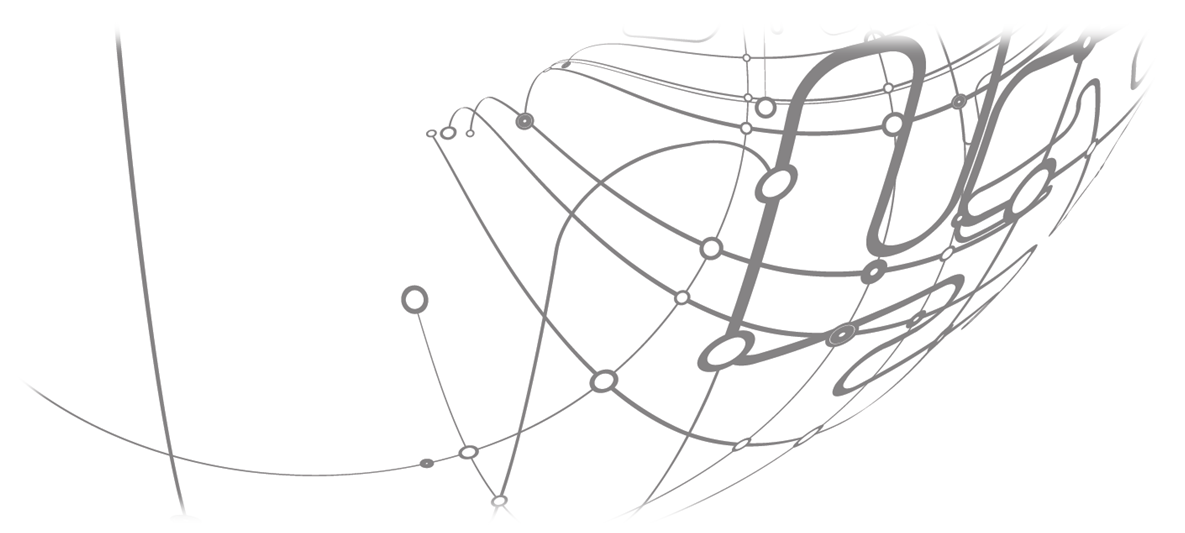CERN and leading ICT companies collaborate through CERN openlab to tackle future challenges
Geneva, 28 May 2015.
CERN openlab1, a unique public-private partnership between CERN2 and leading ICT companies, is now entering an exciting new phase and is expanding to include other public research organisations for the first time. A special event will be held at CERN to mark this occasion.
CERN openlab’s mission is to accelerate the development of cutting-edge solutions to be used by the scientific community. CERN’s Large Hadron Collider (LHC) is one of the most complex machines ever built and requires cutting-edge ICT solutions both to control its operations and to analyse the vast amounts of data produced by the physics experiments. During Run 2 of the LHC, it is expected that the CERN Data Centre will store more than 30 petabytes of data per year from the experiments, which is equivalent to about 1.2 million Blu-ray discs, or 250 years of HD video.
Testing in this demanding environment provides the companies collaborating in CERN openlab with valuable feedback on their products, while enabling CERN to assess the merits of new technologies in their early stages of development for possible future use.
Huawei, Intel, Oracle, and Siemens are all partner companies for the new phase of CERN openlab. Brocade, Cisco, IDT, Rackspace, and Seagate are contributors, while Yandex is an associate member. The European Bioinformatics Institute (EMBL-EBI) and the GSI Helmholtz Centre for Heavy Ion Research are the first new public research organisations to join CERN openlab.
“CERN openlab plays a vital role in ensuring that members of CERN’s scientific community have access to the very latest ICT solutions to help them do their ground-breaking work and further our understanding of the universe” says Alberto Di Meglio, Head of CERN openlab. “CERN openlab also aids innovation by enabling continuous exchange of information and expertise between research and industry. Technologies targeted at the needs of CERN today are likely to become mainstream products for enterprise — or even consumer markets — just a few years down the line.”
Di Meglio continues: “Our expansion to include other public research organisations makes this a very exciting time for us all. By pooling our knowledge and expertise, we aim to address the common challenges faced by large-scale research laboratories in the era of big data.”
‘Open Day’ event
CERN openlab is organising a first-of-its-kind ‘Open Day’ event for 10 June 2015. The event will be held at CERN and will be an opportunity to learn more about the work carried out through CERN openlab to help tackle the challenges faced by the scientific community.
Journalists wishing to attend the event are invited to contact CERN openlab using the details below. A press lunch will also be held during the event at 12:40 CEST. Representatives of both CERN and the collaborating companies will be available to answer your questions.
Contacts:
CERN Press Office
+41 22 767 34 32
+41 22 767 21 41
Andrew Purcell, CERN openlab communications
+41 22 766 22 87
Footnote(s)
1. CERN openlab was created in 2001 and is now entering its fifth three-year phase (2015-2017). This phase addresses new topics crucial to the CERN scientific programme. The topics have been defined over the past 18 months, through discussion and collaborative analysis of requirements between the companies collaborating in CERN openlab and representatives of both CERN and the LHC experiments.
2. CERN, the European Organization for Nuclear Research, is the world's leading laboratory for particle physics. Its headquarters are in Geneva. Its Member States are currently: Austria, Belgium, Bulgaria, the Czech Republic, Denmark, Finland, France, Germany, Greece, Hungary, Israel, Italy, the Netherlands, Norway, Poland, Portugal, the Slovak Republic, Spain, Sweden, Switzerland and the United Kingdom. Romania is a Candidate for Accession and Serbia is an Associate Member State in the pre-stage to Membership. India, Japan, the Russian Federation, the United States of America, Turkey, the European Commission, JINR and UNESCO have Observer status.


